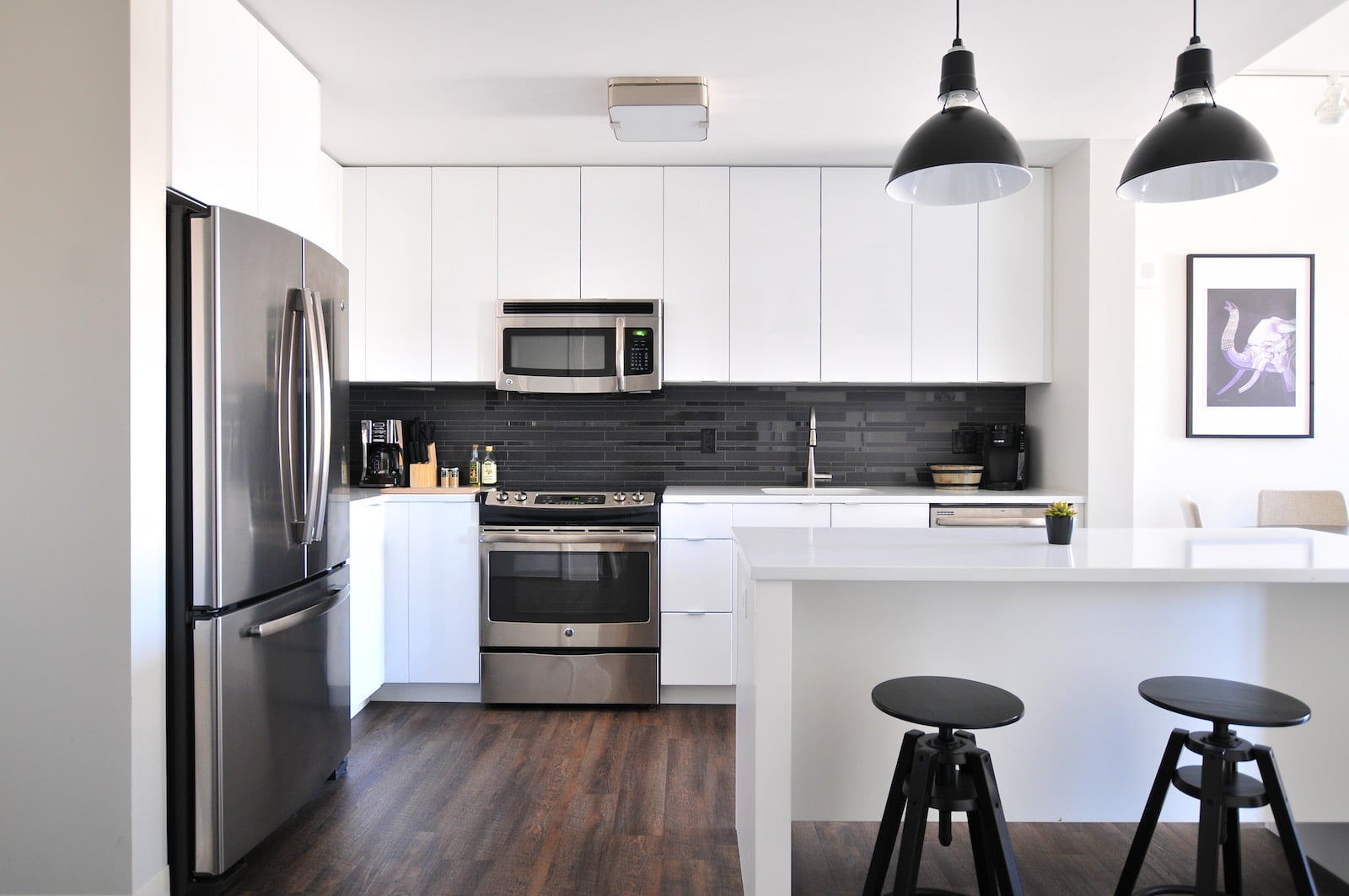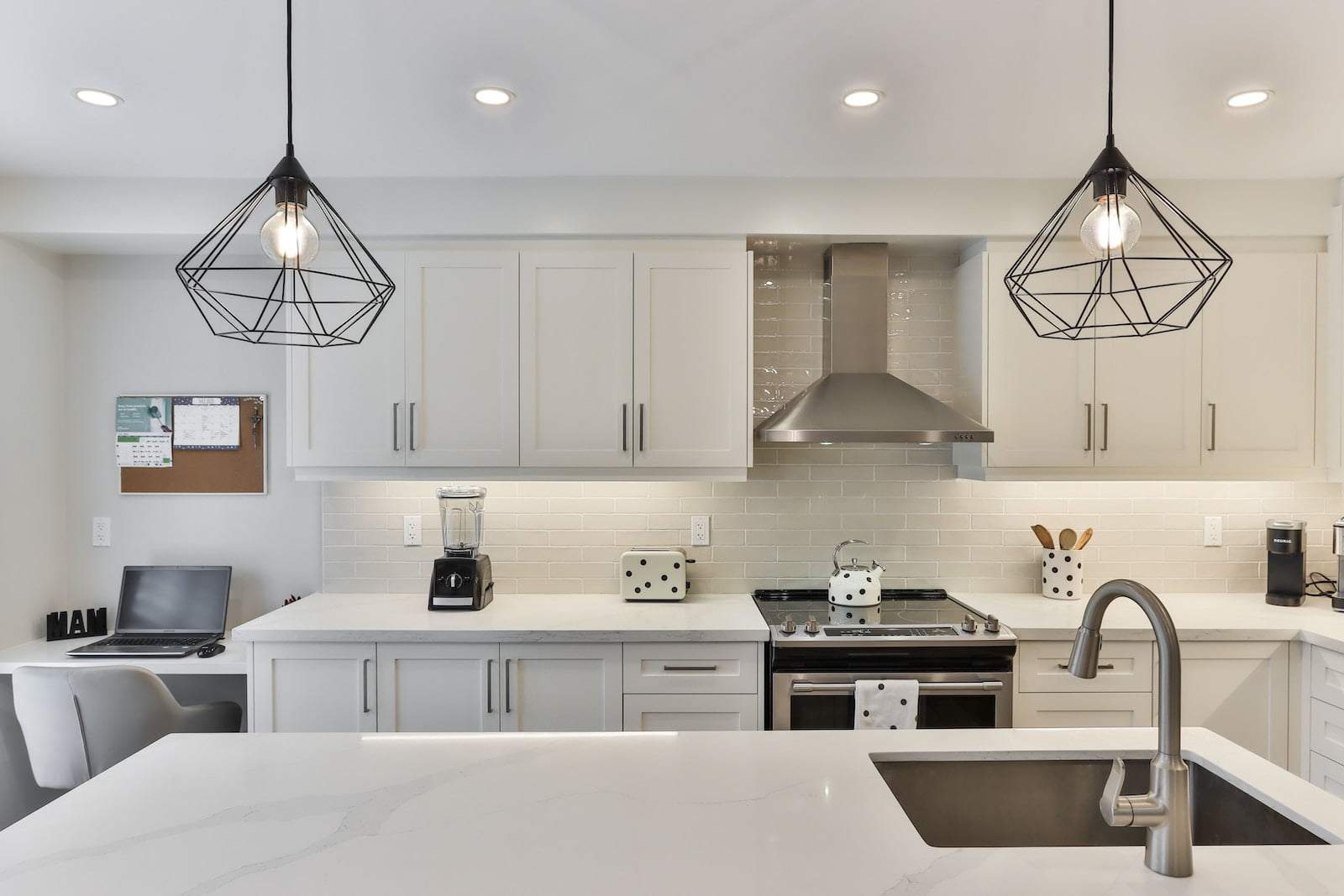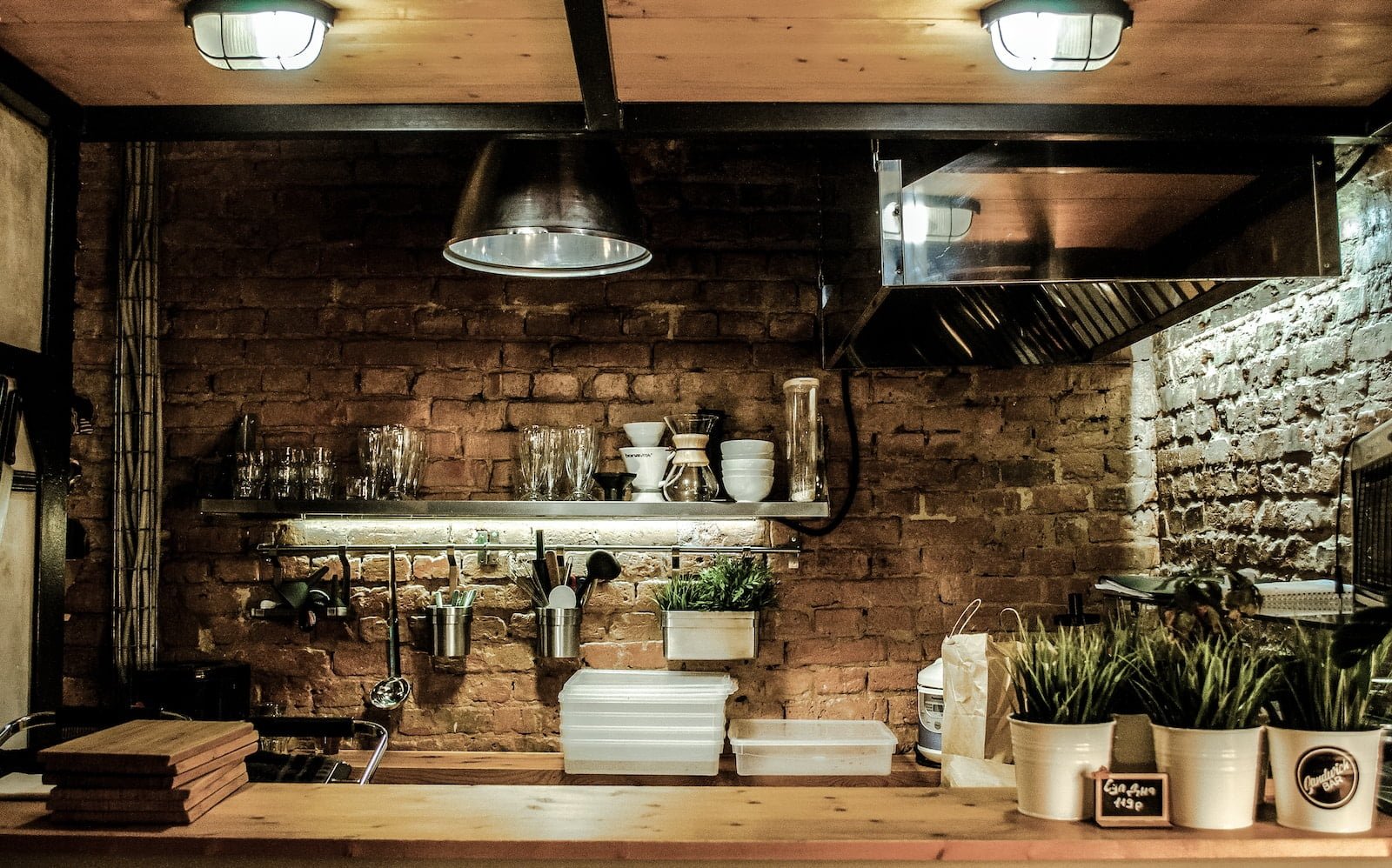Is Remodeling Your Kitchen a Legal Requirement or Optional?
Does remodeling a kitchen require a permit? This is a common question asked by homeowners who are planning to renovate their kitchen. Kitchen remodeling can be an exciting project, but it can also be a daunting task, especially when it comes to obtaining the necessary permits. Understanding kitchen remodeling permits is crucial to ensure that your project is legal and safe. In this article, we will discuss everything you need to know about kitchen remodeling permits, including why they are necessary, what types of permits you may need, and how to obtain them.
The Legal Importance of Permits for Kitchen Remodeling
Aside from the practical and safety reasons for obtaining permits for kitchen remodeling, there are also legal implications that homeowners should consider. Without proper permits, homeowners may face legal consequences such as fines, penalties, and even forced removal of the renovations. In addition, if the homeowner decides to sell the property in the future, unpermitted renovations may become a liability and cause issues during the sale process.
It’s important to note that obtaining permits for kitchen remodeling is not just a matter of compliance with local regulations, but also a way to protect the homeowner’s investment in the property. By obtaining permits, homeowners can ensure that their renovations are up to code and meet the necessary safety standards. This can also provide peace of mind knowing that the work was done correctly and inspected by a professional.
Ultimately, obtaining permits for kitchen remodeling is a crucial step in the renovation process that should not be overlooked. Homeowners should consult with their local building department to determine the necessary permits and requirements for their specific project. By doing so, they can avoid legal issues and ensure that their investment is protected for years to come.
Exploring the Rules and Regulations of Kitchen Remodeling Permits
Before you start remodeling your kitchen, you need to know whether you require a permit or not. The rules and regulations for kitchen remodeling permits vary from state to state and even from city to city. The first thing you need to do is to check with your local building department to determine whether you need a permit for your project.
In general, if your kitchen remodeling project involves structural changes or alterations to the electrical, plumbing, or mechanical systems, you will need a permit. Structural changes may include removing or adding walls or changing the size of windows or doors. Alterations to the electrical, plumbing, or mechanical systems may include installing new appliances, changing the location of the sink or dishwasher, or adding new lighting fixtures.
It is important to note that even if you do not require a permit for your kitchen remodeling project, you still need to comply with building codes and regulations. Building codes are designed to ensure that your project is safe and meets certain standards. Failure to comply with building codes can result in fines or even legal action.
In conclusion, it is essential to understand the rules and regulations of kitchen remodeling permits before you start your project. Contact your local building department to determine whether you need a permit and make sure to comply with building codes and regulations. By doing so, you can ensure that your kitchen remodeling project is safe and successful.
Kitchen Remodeling Without a Permit: Potential Consequences and Risks
Another potential consequence of remodeling your kitchen without a permit is that you may have trouble selling your home in the future. When you sell your home, the buyer’s inspector will check for any modifications made to the property, and if they find any unpermitted work, it can cause complications during the sale. Buyers may be hesitant to purchase a home with unpermitted work because it can mean that the work was not done to code, which can lead to safety hazards and costly repairs down the line. Additionally, if you are caught remodeling without a permit, you may be required to disclose this information to potential buyers, which can further complicate the sale of your home.
It’s important to note that the consequences of remodeling without a permit can vary depending on where you live. Some areas may have more lenient regulations, while others may have stricter enforcement policies. However, regardless of where you live, it’s always a good idea to obtain the necessary permits before starting any major home renovation project. Doing so can help ensure that the work is done safely and up to code, and can also help protect you from potential legal and financial issues down the line.
Step 3: Submit Your Application
Once you have gathered all the necessary documents and completed your application, it’s time to submit it to your local building department. Make sure to double-check that you have included all required documents and that your application is filled out completely. You may also need to pay a fee at this time.
After you submit your application, the building department will review it to ensure that your plans meet all local codes and regulations. This process can take several weeks, so be patient. If your plans are approved, you will be issued a permit. If not, you will be notified of any changes that need to be made before your application can be approved.
Remember, obtaining a kitchen remodeling permit is an important step in ensuring that your project is safe and up to code. By following these steps and working closely with your local building department, you can obtain the necessary permits and begin your kitchen remodel with confidence.






